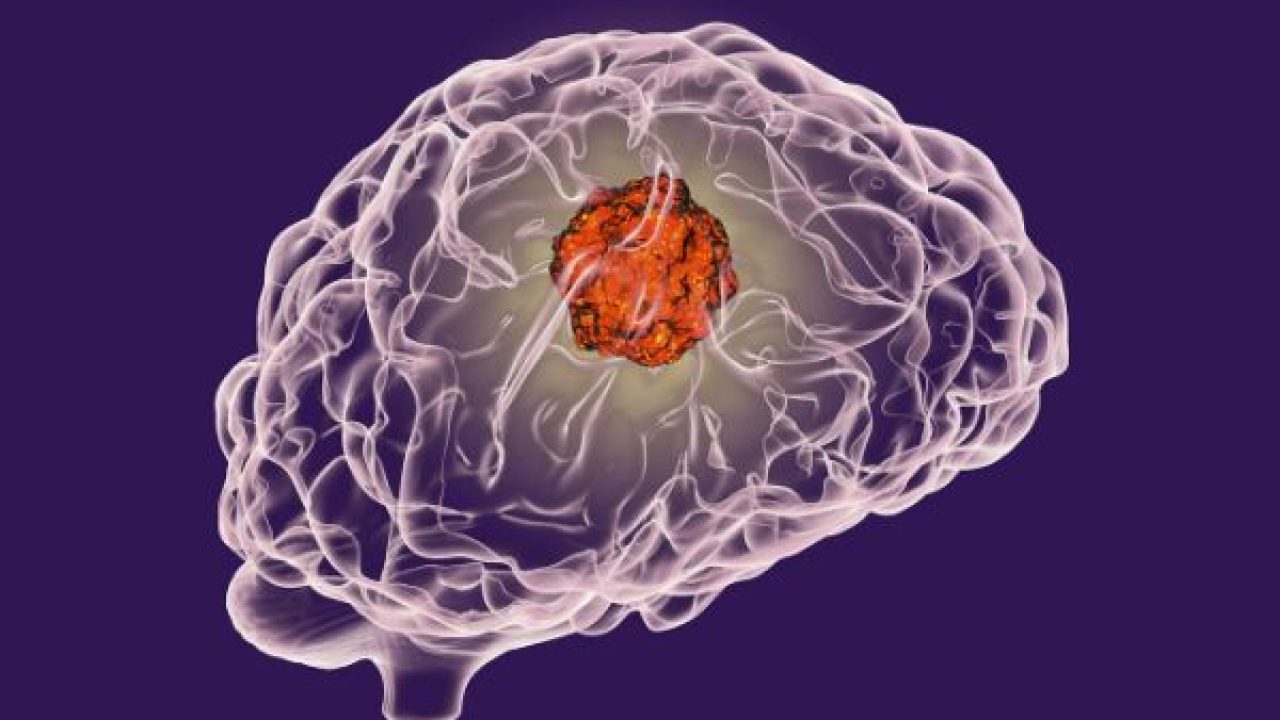According to some new basic science studies, breaches in the blood-brain barrier may be one of the reasons some cancers are more lethal.
The researchers discovered that inhibiting IL-6 activity at the blood-brain barrier increased the lifespan of cancer-ridden fruit flies by 45 percent. The researchers also discovered that after 21 days, 75% of cancer-carrying lab mice treated with an IL-6 receptor blocker were still alive, compared to only 25% of untreated mice.The group also demonstrated that tumours in mice that release interleukin-6 (IL-6) leak the blood-brain barrier in a collaboration between the labs of UC Berkeley professors David Bilder, David Raulet, and Kaoru Saijo.
“It isn’t just the breakdown of the blood-brain barrier that kills the animals,” Bilder explained. “With a leaky blood-brain barrier, flies can live for three or four weeks, whereas if they have a tumour, they die almost immediately when the barrier is compromised. As a result, we believe that the tumour is causing something else to occur. Perhaps it is circulating something that then passes through the broken barrier, but it could also be something going the other way, from the brain into the blood.”

Bilder and colleagues published their work on IL-6 disruption of the blood-brain barrier in Developmental Cell, and he authored a review of the impact of fruit fly research on understanding tumor-host interactions in Nature Reviews Cancer last month.“The cytokine IL-6 has been linked to inflammation. The fact that this tumor-induced inflammation is actually causing the blood-brain barrier to open is novel.
If we disrupt that opening process while leaving the tumour alone, the host can live significantly longer and healthier with the same tumour burden,” Bilder explained.Because IL-6 plays other important roles in the body, scientists would need to develop a drug that blocks its action at the blood-brain barrier without altering its effects elsewhere.
One advantage of assisting the host in fending off the effects of a tumour on tissues far from the tumour site is that it may reduce or even eliminate the need for toxic drugs commonly used to treat tumours.
Aside from avoiding these side effects, targeting tumour cells “also selects for resistance in the tumour, because the tumour has genetic variability—a drug-resistant clone emerges, which then causes cancer recurrence,” Bilder explained. “However, if you could target the host cells, they have a stable genome and will not develop resistance to these drugs.”
That is our goal: to comprehend how the tumour affects the host and to attack the host side of the tumor-host dialogue.”According to Bilder, scientists are still unsure what causes the death of many cancer patients. Cancer of the liver, for example, clearly devastates the function of a vital organ.
Other organs, such as the skin or the ovaries, are less critical, but people die from cancer in these locations as well, sometimes very quickly.

And, while cancers frequently metastasize to other organs—multiple organ failure is one of the leading causes of cancer death, according to doctors—Bilder wonders if that’s the whole storey.“Many human cancers are metastatic, but that doesn’t change the fundamental question: Why does cancer kill?” he said.
“If your tumour metastasized to the lung, are you dying from lung failure or from something else?”As a result, he works with non-metastatic tumours implanted in fruit flies and mice, looking for systemic effects rather than just effects on the tumor-containing organ.
________
Tumor | Don’t forget to follow us on Twitter @njtimesofficial. To get latest updates





